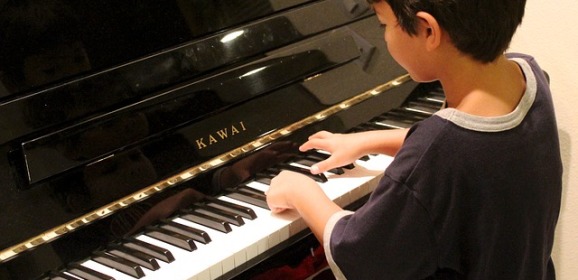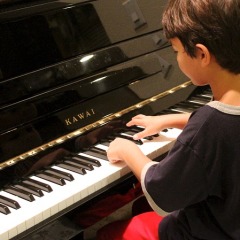When Music and Science Collide
One might think that music and science don’t have much to do with each other. Music seems like an aesthetic phenomenon — a highly subjective, and affective art form. It engages the listener’s emotions and affinity for beauty. Science, on the other hand, seems more interested in experimentation and empirical data. When it comes to music it would seem that scientists would be more into vibrations, frequencies and amplifications rather than the actual experience of music.
But music and science are not two different worlds. They do intersect. Music is a phenomena that occurs in the natural world, it does have vibrations, and rhythm, and time. There is data and music that can be measured and replicated. In terms of aesthetic appeal, there can be a science to it too. There is a mathematical precision in rhythms, the difference between harmony and cacophony lie in the science of frequencies in the vibrations. Moreover, science has a human element which would not remain untouched by music — scientists. People, scientists or not, always have a visceral reaction towards music.
Moreover, there are patterns in music that do not remain in the realm of the auditory. Dr. Hans Jenny discovered that subjecting water to musical vibrations creates visual patterns in its surface, and his followers have rolled out his experiments to other fluids and even to particles such as sand and powder placed on a flat surface. This phenomena has come to be known as cymatics.
Check out the video above for an example of how music can create visuals.
The patterns can be simple or complex, depending on the quality of the sound, and watching the patterns move and change is extremely mesmerizing. A single moment in a symphony can be represented in a 2-dimensional surface, and you can even hang this moment of beauty and mandala-like symmetry on your wall.
This intersection of art and science is an important argument for the case for musical education. It gives physics and math some real-world application. It would help the artistically-inclined appreciate the sciences, and the scientifically-inclined will get the chance to reap the psychological and emotional benefits of music. It could provide budding engineers an inspiration for countless inventions and projects that have to do with sound.
The Importance of Music in Schools
In the past several years, and even decades, the question of how important music is to a child’s education has come up time and time again. Despite the fact that music is such a major part of the lives of many individuals, people are still uncertain as to how they feel; yet quite a few good reasons exist for music to remain in schools.




